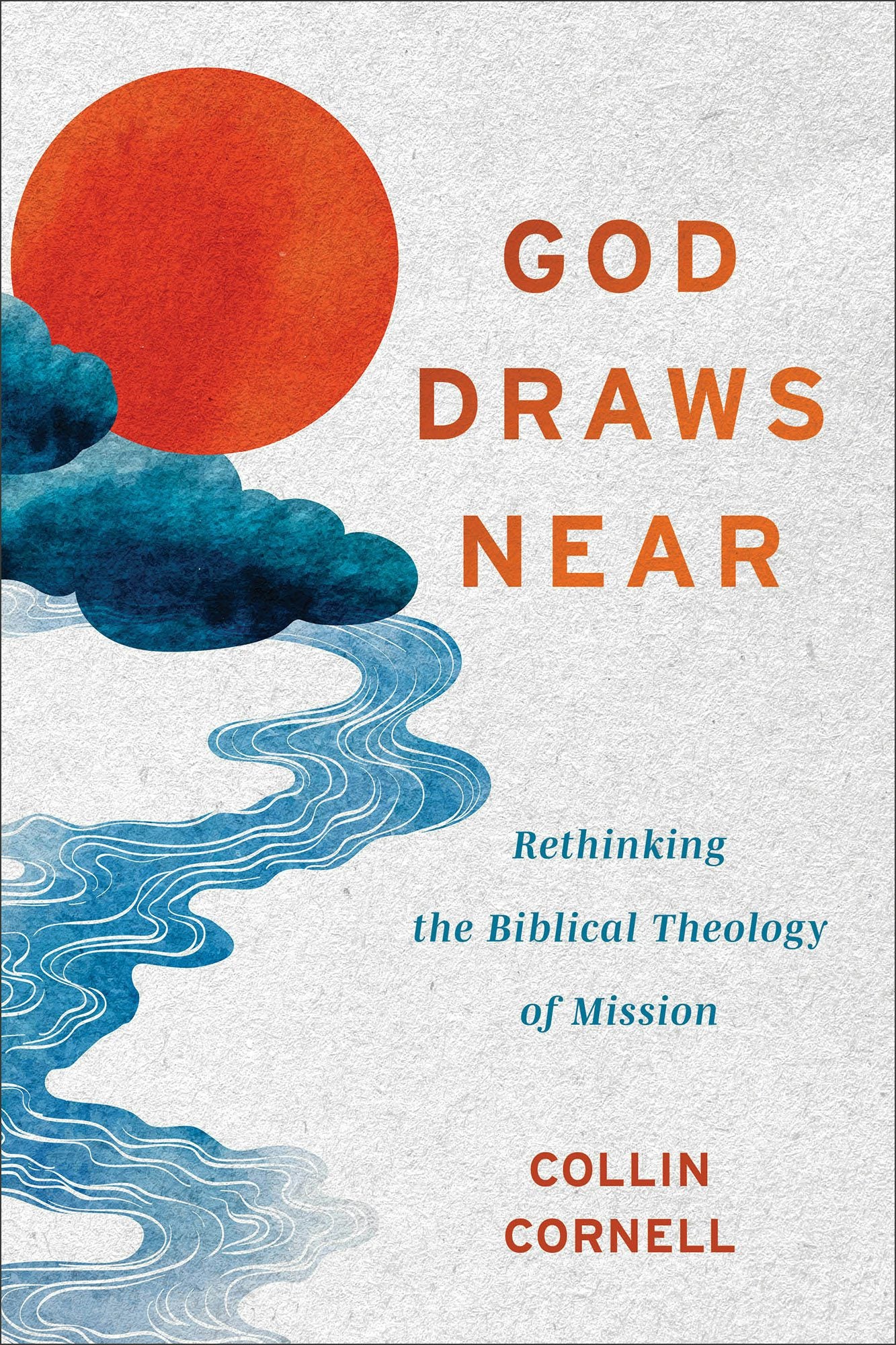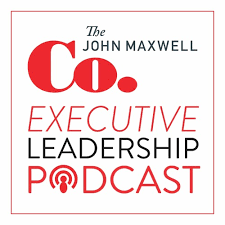It’s that time of year again—when people start posting the books they’ve read, naming their favorites, and passing along the titles they’ve loved most. This year’s list reflects two big themes. First, I completed writing the book I’ve been writing on the doctrine of atonement, and I’ve started working on a new atonement-related project. Second, I’m in full gear with my ministry role with Young Life, and you can probably tell which books are Young Life related! With all of that in mind, here are the fifty-five books I read this year—along with my favorite read published in 2025.
My Favorite Book: God Draws Near – Rethinking the Biblical Theology of Mission by Collin Cornell

Choosing the book that would top my list came down to just two contenders. In the end, God Draws Near barely beat Edwin Chr. Van Driel’s, The Incarnation as God’s First Intention. Van Driel’s book stood out to me for how it was historically grounded, constructively aimed, analytically argued, and ministerially robust. As the title implies the book is about God’s first intention, which he argues is a supralapsarian Christology. God’s primary intention was to be with us, thus the incarnation isn’t just a solution to a problem (though it is also that) it is God’s goal for creation. Cornell’s book mirrors this theme. But as a minister and staff person in a missionary organization Cornell’s book caught my eye and stoked my pastoral imagination. It reframes the mission Dei around God’s mission to be with us rather than primarily a mission around repair. This book presents a clear summary of the narrative paradigms set up missiologists like Arthur Glasser, Christopher Wright, and Michael Goheen. He argues that these paradigms actually start with fall then move to redemption and finally consummation, not giving enough weight to creation and more specifically the divine decrees in creation. The result is a Christologically supralapsarian framing of the biblical narrative and missio Dei.
And now for all the other books I read this year. Books published in 2025 are marked by an asterisk.
January
1. The Cross and the Lynching Tree – James Cone
2. Bird by Bird: Some Instructions on Writing and Life – Anne Lamott
3. Storyworthy: Engage, Teach, Persuade, and Change Your Life Through the Power of Storytelling – Matthew Dicks
4. A Black Theology of Liberation – James Cone
February
5. Philosophical Method: A Very Short Introduction – Timothy Williamson
6. Atonement and the Life of Faith – Adam Johnson
7. The Womanist Theology Primer; Remembering What We Never Knew: The Epistemology of Womanist Theology – Katie Cannon
March
8. Proclaiming the Triune God: The Doctrine of the Trinity in the Life of the Church – Matthew Barrett, Ronni Kurtz, Samuel Parkison, Joseph Lanier
9. Thy Will Be Done: A Dogmatic Defense of Dyothelite Christology – Luke Stamps
10. Towards a Clearer Understanding of Jonathan Edwards’s Biblical Typology – Cameron* Schweitzer
11. The Path to Being a Pastor: A Guide for the Aspiring – Bobby Jamieson
April
12. An Analytic Theology of Evangelism – Tyler McNabb
13. The Seven Last Words from the Cross – Fleming Rutledge
14. Can We Trust the Gospels – Peter Williams
15. Trustworthy: Thirteen Arguments for the Reliability of the New Testament – Benjamin Shaw
May
16. The Pastor as Apologist – Dayton Hartman and Michael McEwen
17. The Lord and His Prayer – N. T. Wright
18. Spurgeon the Pastor: Recovering a Biblical and Theological Vision for Ministry – Geoffrey Chang
19. The Lord of Psalm 23: Jesus Our Shepherd, Companion, and Host – David Gibson
20. A Light on the Hill: The Surprising Story of How a Local Church in the Nation’s Capital Influenced Evangelicalism – Caleb Morell*
June
21. Praying the Lord’s Prayer – J.I. Packer
22. Golf is Not a Game of Perfect – Bob Rotella
23. On Juneteenth – Annette Gordon-Reed
24. Songs of the Son: Reading the Psalms with the Author of Hebrews – Daniel Stevens*
25. Santa Biblia: The Bible Through Hispanic Eyes – Justo Gonzalez
July
26. The Meaning of Conservatism – Roger Scruton
27. Courage and Calling: Embracing Your God-Given Potential – Gordon Smith
28. The Intellectual Life: Its Spirit, Conditions, Methods – A.G. Sertillanges
August
29. Five Views of the Gospel – Michael Bird and Jason Matson*
30. You Have a Calling: Finding Your Vocation in the True, Good & Beautiful – Karen Swallow Prior*
31. The Cost of Ambition: How Striving to Be Better Than Others Makes us Worse – Miroslav Volf*
32. A Little Theology of Exercise – David Mathis*
33. The Need for Creeds Today – J.V. Fesko
September
34. Before Edwards: Sources of New England Theology – Adriaan Neele
35. The Gospel After Christendom – Collin Hansen, Skyler Flowers, Ivan Mesa*
36. Topical Preaching in a Complex World – Sam Chan and Malcom Gill
37. What Gen Z Really Wants to Know About God – Tanita Tualla Maddox*
38. Nicaea for Today: Why an Ancient Creed (Still) Matters – Coleman Ford and Shawn Wilhite*
39. The Nicene Creed: What You Need to Know About the Most Important Creed Ever Written – Kevin DeYoung*
40. The Nicene Creed: An Introduction – Phillip Cary
October
41. What is Covenant Theology – Ryan McGraw
42. Heaven, Hell, and Hope: A Biblical and Theological Exploration of Universal Salvation – Chris Kugler*
43. The Anxious Generation Goes to Church – Thom Rainer*
44. Moral Apologetics: A Short Companion – James Dew & Jordan Steffaniak*
45. AI Shepherds and Electric Sheep – Paul Hoffman and Sean O’Callaghan*
46. Expositional Preaching – David Helm
November
47. The Pastor: His Call, Character, and Work – The Faculty and Friends of ‘Old’ Princeton
48. Missional Preaching: Communicating the Gospel in an Age of Unbelief – Stephen Stallard*
49. The Attributes of God – Gerald Bray
50. Preaching in a New Key: Crafting Expository Sermons in Post-Christian Communities – Mark Glanville*
51. The Pastor as Public Theologian – Kevin Vanhoozer and Owen Strachan
December
52. Drawn by Beauty: Awe and Wonder in the Christian Life – Matthew Capps*
53. God Draws Near: Rethinking the Biblical Theology of Mission – Collin Cornell*
54. The Incarnation as God’s First Intention: Supralapsarian Christology for Faith and Practice* – Edwin Chr. Van Driel
55. Constructing an Incarnational Theology: A Christocentric View of God’s Purpose – Samuel Wells*
















